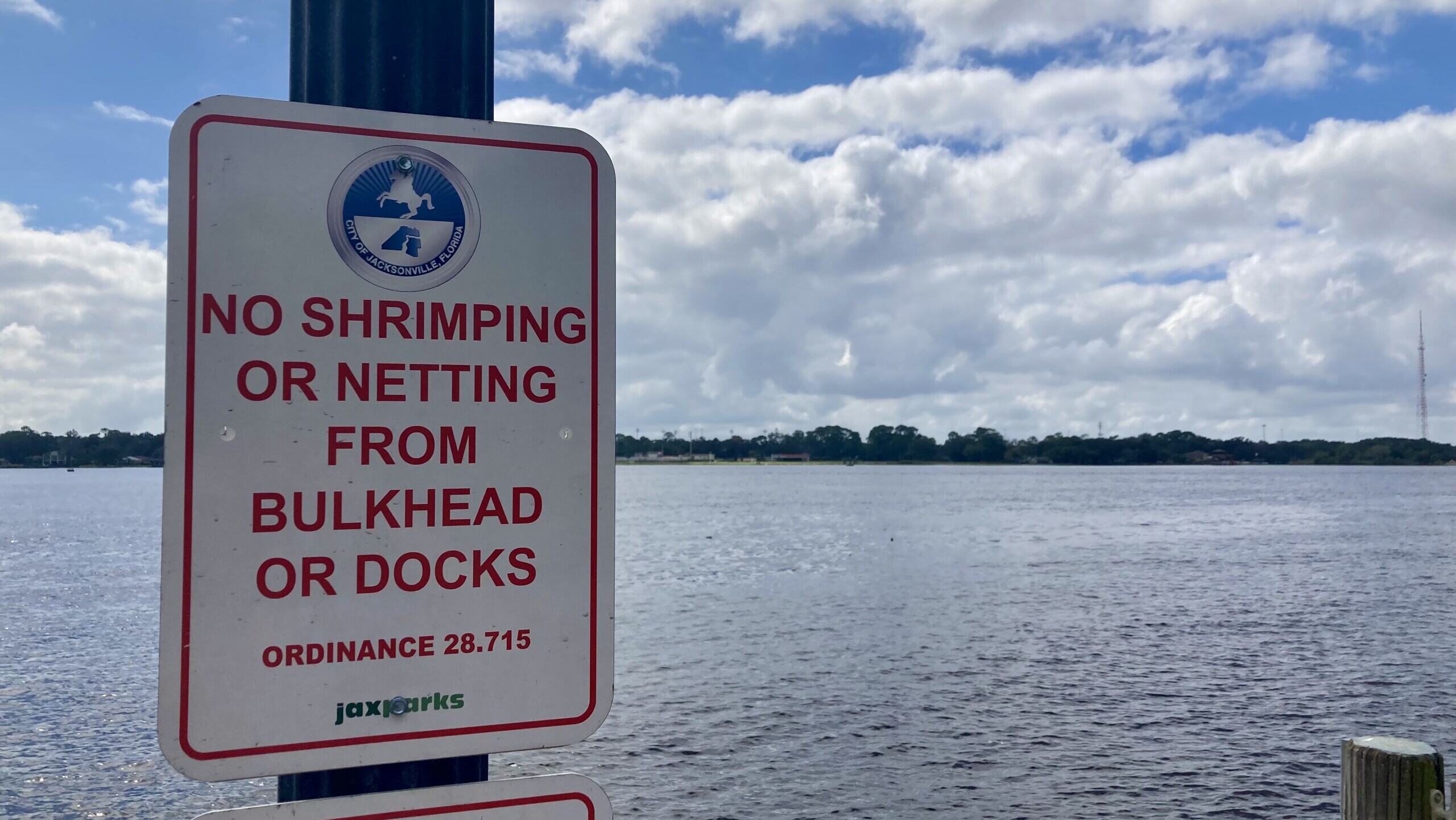The 2023 St. Johns River Report offers signs of progress regarding the health of the river, although there are growing concerns in several other areas, researchers announced on Friday.
The annual River Report is an analysis of the health of the Lower St. Johns River Basin funded by the city of Jacksonville’s Environmental Protection Board. The report focuses on four main areas of the river: water quality, fisheries, aquatic life and contaminants.
Its findings, from an interdisciplinary team of researchers from the University of North Florida, Jacksonville University and other universities, were first unveiled Friday morning at UNF. The research team will also discuss the findings during a virtual presentation and panel discussion hosted by WJCT Public Media at 4 p.m. on Monday, Oct. 16.
First, the bad news for the river’s health: Tributaries flowing into the St. Johns continue to be badly polluted, especially with fecal bacteria, phosphorous and other materials. Wetlands also continue to be lost due to development, and the use of mitigation banks far outpace alternatives like preservation, restoration and enhancement. Additionally, salinity has continued to increase, with effects on the ecology of the river, especially submerged aquatic vegetation. Finally, the water column is contaminated by pharmaceuticals, especially acetaminophen, ibuprofen and hydrocodone.
On the other hand, positive findings include: Most fin fish and invertebrates are not in danger of overfishing. Protected species continue to fare well, despite recent storms and their effects on habitat.








